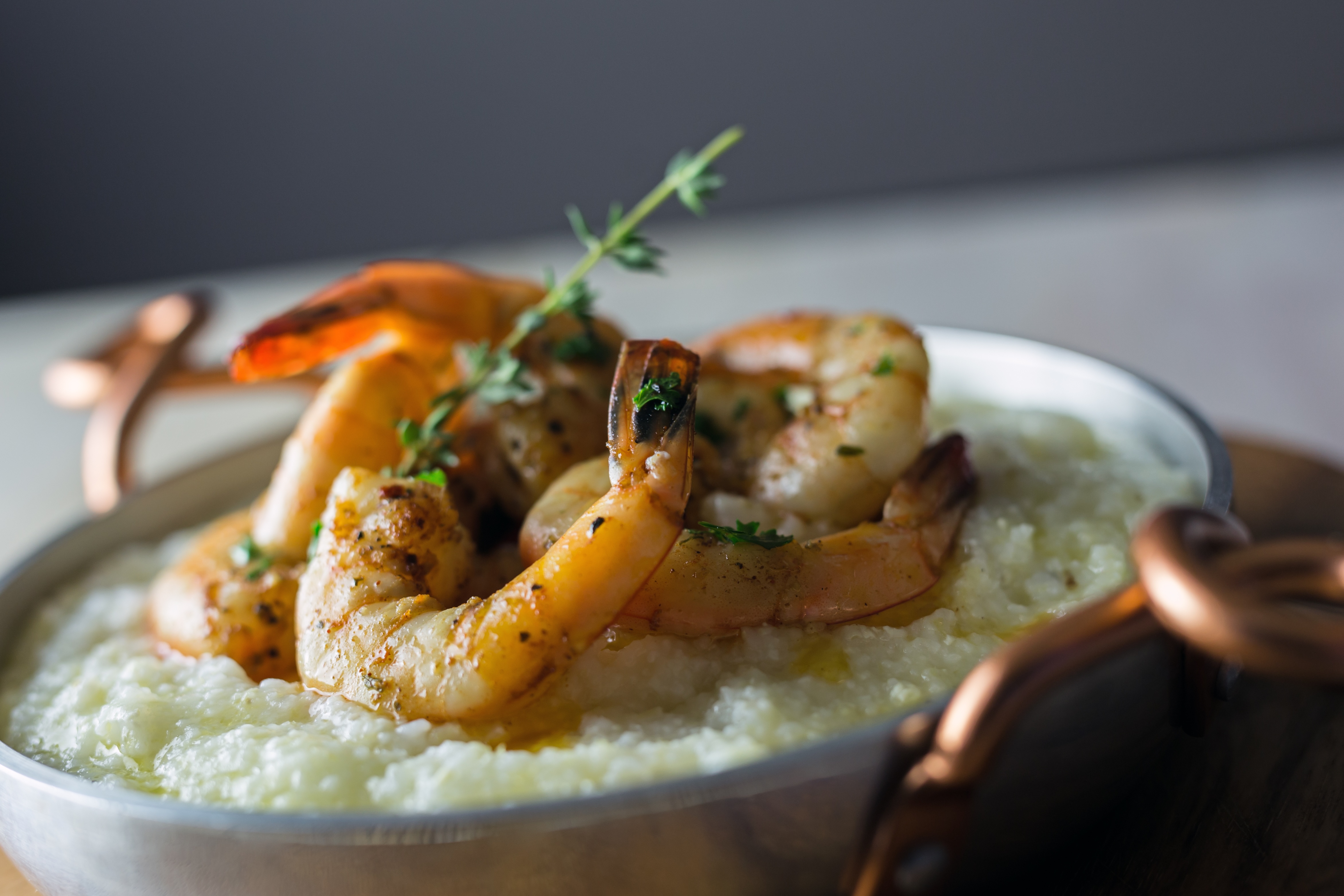The Self-Discovery Journey: How to Find Your True Purpose in Life
It’s easy to get caught up in the everyday hustle and bustle of life. We often forget to take a step back, reflect, and get in touch with our true selves. Identifying your purpose can be difficult, especially if you are feeling stuck or unmotivated. A self-discovery journey can be one of the most rewarding experiences in your life. It can help you find your true purpose in life and give you a sense of fulfillment that you may have never experienced before. If you are feeling lost and uncertain about what you should do with your life, embarking on a self-discovery journey may be just what you need. In this article, we will discuss how to go about starting your self-discovery journey and discovering the things that make you truly happy.
How To Embark on Your Journey of Self-Discovery
The first step to embarking on your self-discovery journey is to take some time away from the stressors of everyday life. Whether you take a few days off work, go on a weekend getaway, or simply find some quiet time at home, allow yourself to be alone with your thoughts and explore your innermost feelings. Reiki Master, and Breathwork facilitator Johanna Verley located in New York City shares how to prepare for this important life journey.
1. Be kind to Yourself
"Begin with being understanding of yourself, show yourself gentleness and compassion. The journey of finding out about yourself can be complex, making mistakes and stumbling blocks are a regular part of it." Johanna shares. Embracing yourself and your journey of self-discovery can be hard. It's easy to get caught up in second guesses, worries, and frustrations with how you are progressing and the steps you are taking. However, it's important to remember that kindness is essential during this process. Practicing self-compassion will allow you to move towards a healthier lifestyle that supports your whole being - mentally, emotionally, physically, and spiritually. Conversely, a lack of kindness towards oneself can cause a flood of negative feelings and even lead to stress or depression. Be gentle with yourselves as you face any challenge that comes your way. Remember that there is no finish line - every milestone or hurdle along the way should be celebrated for the progress it represents.
2. Ask for Help
During a self-discovery journey, it can be easy to become overwhelmed, frustrated, and lost. While it's important to take the time to get to know yourself, part of that is recognizing when you need help and advice from those who can offer a different perspective than your own. "Look for assistance, if you are at a loss or need assistance think about getting help, be it through therapy, consulting, or speaking with a trusted friend," Johanna advises. Oftentimes we're too caught up in our thoughts and emotions to truly understand what's going on around us or inside us, so don't hesitate to reach out for guidance from family, friends, therapists, and mentors — they may have insights and tips on how to move forward that will positively aid your progress. Asking for help during this journey of self-discovery is not only normal - it's essential. Just keep in mind that no one knows the answers better than yourself - but understanding the context of your situation from someone else's eyes can give powerful clarity.
3. Have a positive attitude
Want to know the best way to start having a positive attitude? The most important part of embarking on a self-discovery journey is starting with an attitude of gratitude. This means taking some time each day to recognize all the things in your life that bring you joy and expressing appreciation for them. This doesn’t have to be anything complicated—just take a few moments each day to reflect on all the things in your life that make you feel grateful. This will help put everything into perspective and set the tone for the rest of your journey. Johanna explains that one should "Develop a growth attitude, and consider your self-discovery journey as a chance for expansion, teaching, and understanding as an individual."
4. Take your time
"Start small and increase gradually. Try to not overwhelm yourself with a long list of self-discovery activities or anticipation of instantaneous revelations. Take your time and believe in the process. Keep in mind that beginning a path of self-discovery is the first step, but it is significant to keep going and stay devoted to the path, but mostly be kind to yourself during this course." Johanna expresses. Although it is understandably tempting to want to focus on the end result and rush ahead, a slower approach helps to ensure that you gain the best possible insight into yourself. Making a sincere effort to move at a measured pace can lead to improved clarity when assessing situations and opportunities. Similarly, taking your time can lead to better decision-making as any habits which could be getting in the way of your progress are identified and addressed.
5. Contemplate Your Values and Ambitions
"Spend some time to think about what is essential to you and what you want to accomplish in life." Taking the time to contemplate your values and ambitions is important because it can help inform the decisions you make for the future and allows you to determine if those decisions are aligning with what truly matters to you. It is by understanding individual values that we learn more about ourselves and become more confident in the process of chasing down our aspirations.
6. Maintain a Diary
"Writing your ideas, sentiments, and encounters can help you gain an understanding of your internal self." Johanna shares. Writing down your thoughts and emotions in a diary will provide an exceptional way for you to track your progress during this journey. Having the ability to look back on how far you have come can be an incredible motivator as you continue on your path. Keeping a diary will also give you the freedom to explore your innermost feelings away from prying eyes, allowing you to measure progress or setbacks with greater clarity.
7. Review your feelings
Taking an internal inventory of your emotional responses to life's situations is key in unlocking areas that need work and uncovering untapped strengths. Reviewing and understanding your emotions can help you challenge false beliefs, recognize triggers and ultimately gain more control over how you respond to both good and bad experiences. Don't be afraid of feeling uncomfortable during this journey - it's natural and totally ok. "Look more closely at your emotions and try to understand where they come from and what they symbolize."
8. Practicing Mindfulness Regularly
Mindfulness is an invaluable tool when embarking on this exciting and transformational journey. Practicing mindfulness helps us stay present and be aware of who we are and our current surroundings, allowing for an easier road to self-reflection, exploration, and growth. It not only reduces stress and anxiety but also encourages empathy, understanding, and kindness toward ourselves and others. According to Johanna, "Mindfulness techniques, like meditation and yoga, can assist you with becoming more mindful of your feelings and thoughts in the current moment."
9. Try Different Things
Sometimes, all it takes is exploring different avenues before we find our true purpose; this may mean trying new activities or talking with people who have different perspectives than yours. Don’t be afraid to try new things—whether they are hobbies like painting or baking, classes, or even just striking up conversations with strangers. You never know what might inspire you. Allowing yourself the freedom of exploration gives you space for creativity—which could lead right to discovering your true calling. "Stepping out of your comfort zone and trying new activities or hobbies can help you identify new aspects of yourself" Johanna states.
The Goal
Understanding one's thoughts, emotions, beliefs, advantages, shortcomings, and general sense of identity is a pivotal part of the self-discovery process. It involves learning to accept yourself, including your blemishes, and developing self-forgiveness. Additionally, identifying your purpose and how to integrate it into your life to achieve satisfaction and meaning is also critical. Furthermore, enhancing mental and emotional health, such as being mindful, managing stress, and dealing with psychological problems, can be improved through this journey. Additionally, understanding yourself better can lead to stronger relationships by communicating more effectively, being more understanding, and being aware of your behavior. This self-discovery process can help you to continue to learn and develop as a person, and ultimately become a better version of yourself. The goal of a journey of self-discovery is to gain a deeper knowledge of oneself and lead a more genuine and gratifying life.
Finding your purpose doesn't happen overnight; it's a journey of exploration and self-discovery that requires patience and resilience. That being said, the rewards are invaluable—so don't give up! The key is taking small steps every day towards connecting with yourself on a deeper level—through asking questions, reconnecting with passions, exploring new avenues—and allowing yourself grace along the way until you come across something that truly resonates with who you are at your core. Good luck on your journey!








